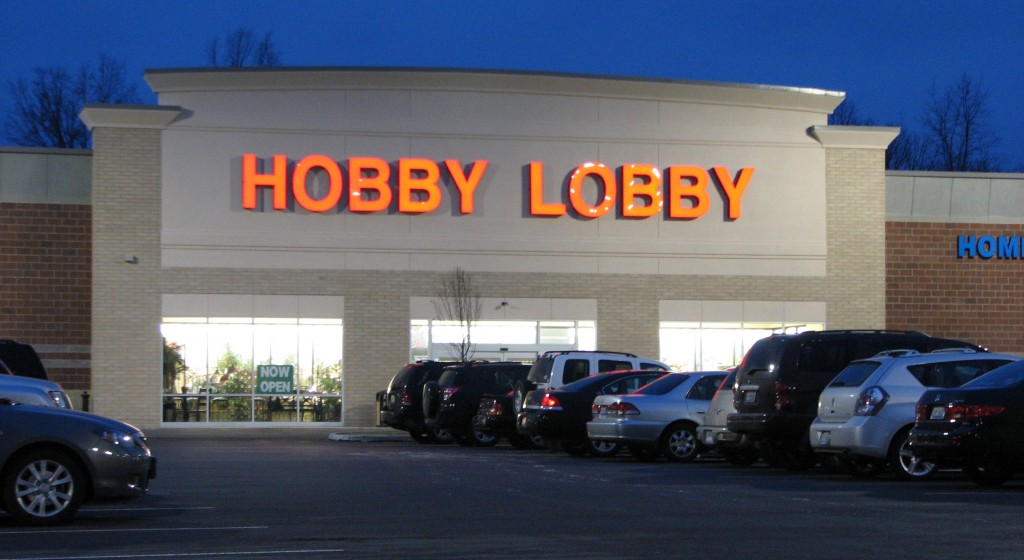
RFRA, religious accommodations, and religious burdens
Do religious accommodations, such as exemptions for religious organizations, impose an unconstitutional burden on people who have other religious or secular convictions? The question came up in the Hobby Lobby case, in which the religious owners of Hobby Lobby asserted the right not to include abortion-inducing drugs, devices, and procedures in their employee health plan . The US Supreme Court upheld the owners, holding that the government could ensure access by those employees to all of the FDA-approved contraceptives without forcing the Hobby Lobby owners to violate their religious convictions. But a chorus of critics claimed that the Court should have just said that it is a violation of the Establishment Clause of the First Amendment for the government to allow an employer’s religious convictions to result in a diminished employee health plan, even though many of the employees might well approve of those very abortifacient drugs.
The argument came up again in an oversight hearing of the Constitution and Civil Justice subcommittee of the House Judiciary Committee on February 13, 2015. The topic was how the Religious Freedom Restoration Act (RFRA) and the Religious Land Use and Institutionalized Persons Act (RLUIPA) are achieving their goals to protect religious exercise under federal law (RFRA) and the religious rights of prisoners and the zoning rights of religious organizations under state and local law (RLUIPA). The Hobby Lobby case was based on RFRA. Testimony at the oversight hearing was offered by Lori Windham of the Becket Fund for Religious Liberty, Greg Baylor of Alliance Defending Freedom, Craig Parshall of the American Center for Law and Justice, and Nelson Tebbe of Brooklyn Law School. (Video and links to the written testimony here.)
Additional testimony was submitted to the Committee by Carl Esbeck, a law professor at the University of Missouri at Columbia. His testimony was specifically about the religious burdens argument, which Professor Tebbe promoted in his testimony at the hearing.
Esbeck’s testimony points out that it is not unconstitutional for an exemption to lift a burden that would otherwise fall on a religious organization due to a regulation such as the HHS contraceptives mandate. By lifting the burden, Congress is essentially leaving the religious organization alone-and leaving a religious organization alone does not equal “establishing” a religion.
Moreover, Esbeck points out, for a third-party burden to be a violation of the Establishment Clause, there has to be an actual burden. But there was not a “burden” in the case of Hobby Lobby. Before the contraceptive mandate, no employee had a right to the contraceptives. When, because of RFRA, Hobby Lobby was permitted to exclude (some) contraceptives from its employee health plan, what happened was not the imposition of a burden on the employees but only the lack of providing to them a new benefit.
A religious exemption that protects the religious freedom of religious organizations could impose harms on others such that the exemption is inappropriate. But that has been a rarity. Generally, religious exemptions are proper and necessary in our diverse society.
